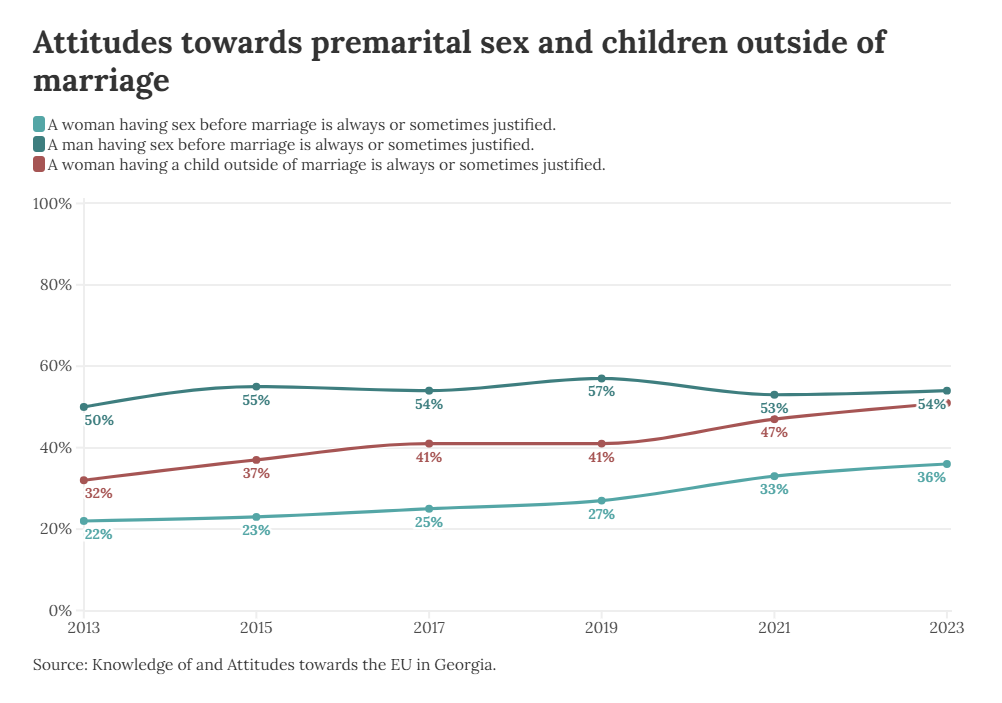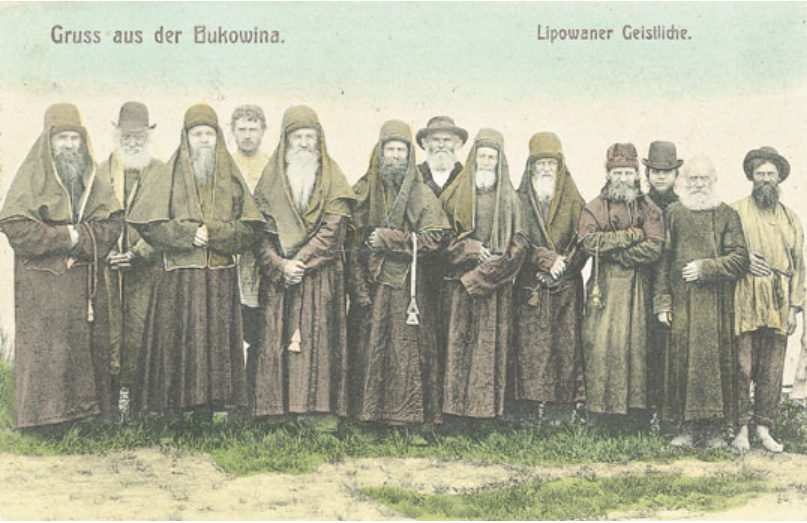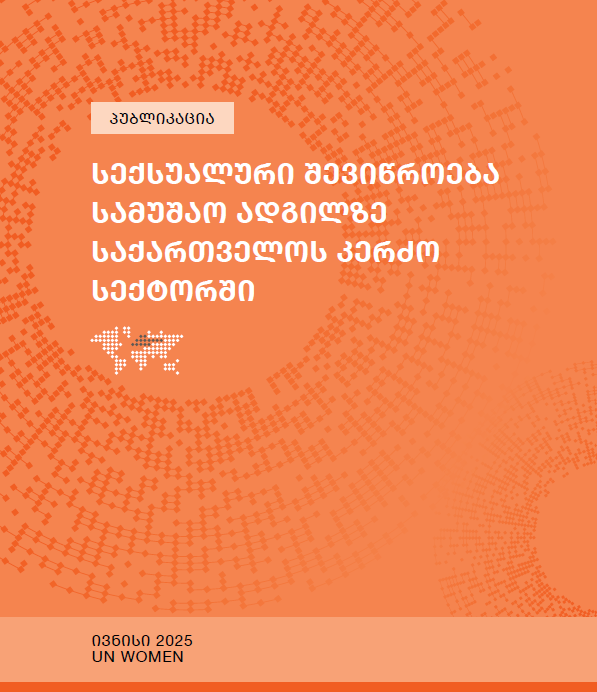Corruption remains an endemic feature in the region, outside Georgia. No wonder, then, that it continues to receive considerable attention from organizations and donors. Currently, we are being asked to run a survey (we will publish details on that later). How do you do this? Not all of this research is intuitive. Here are a couple of examples of what can go wrong, taken from the draft questionnaire we were given.
One obvious way of getting at the issue is to measure experience, to ask whether people themselves have paid bribes in the last 12 months. Is that a good way of measuring levels of corruption? Well, there are limitations. One limitation is that you simply don’t know how much people have actually interacted with institutions that may demand a bribe. If you don’t have a car, if you don’t need any official document, are not enrolled at a university, and don’t visit a hospital you simply may not become a target. In fact, one likely result of corruption is that you minimize contacts with official institutions in order to reduce your exposure to corruption. So you definitely need to measure the extent of contact, in addition to asking people’s experiences.
What actually is NOT a big problem is whether everyone will tell you the truth. The survey questionnaires typically are set up to get people talking, and ask the more sensitive questions half way through, so that the respondent already feels comfortable. Sure, quite a few people will still be reluctant to admit that they paid a bribe, so what you measure is only the number of respondents that tell you that they paid a bribe. But this in itself is valuable: the honesty typically stays pretty constant, making responses from 2007 well comparable with those from 2008.
But the questionnaire is also tricky in other ways. Let’s say you want to get a sense of peoples attitudes towards paying a bribe. The following may strike you as a useful question, at face value.
But there is something wrong with asking this speculative question, since corruption is contextual. Let’s look at three very different cases:
- You may be subsidizing an underpaid doctor so that she looks after your grandmother. Without these payments, the doctor couldn’t survive. Would you refuse to pay the doctor? Probably not. Such private additional payments in exchange for a real service contrast sharply with the next case, which is…
- …the public official who uses an artificially constructed bureaucratic hurdle to extract a bribe from you. Do you want to pay a bribe here? In this case, you begin to weigh short-term advantages against long-term effects.
- Next case: the civil servant who breaks the law and betrays public trust in return for payment. In this case, corruption could consist of granting exclusive monopolies, unwarranted certificates or permits, or desisting from prosecution when it is called for. Would you approve of paying here? Hopefully not.
Three very different cases, but all of these can be projected into the question above. The way to fix the question is to actually create various scenarios, to measure what people consider acceptable.
Note, also, that the responses are problematic. Yes, No, make sense. But how would we make the verbatim responses useful? This question needs to be closed, offering exhaustive options. After all, a survey is not a focus group.
Other useful features? Ask respondents whether they have relatives that work in the public sector, or for local police. Likely, this will have an impact on their views. Check whether they are on the Internet. Those that are again will have access to more information, be better informed, and likely that’s a group that will look at things differently. English-speakers are different as well. Are respondents pro- or against the government? Do they have a car? Enriched in this way, this survey can yield powerful information. And, and, and…
Corruption remains important issue, but capturing what actually goes on is not entirely easy. We will keep you updated.













